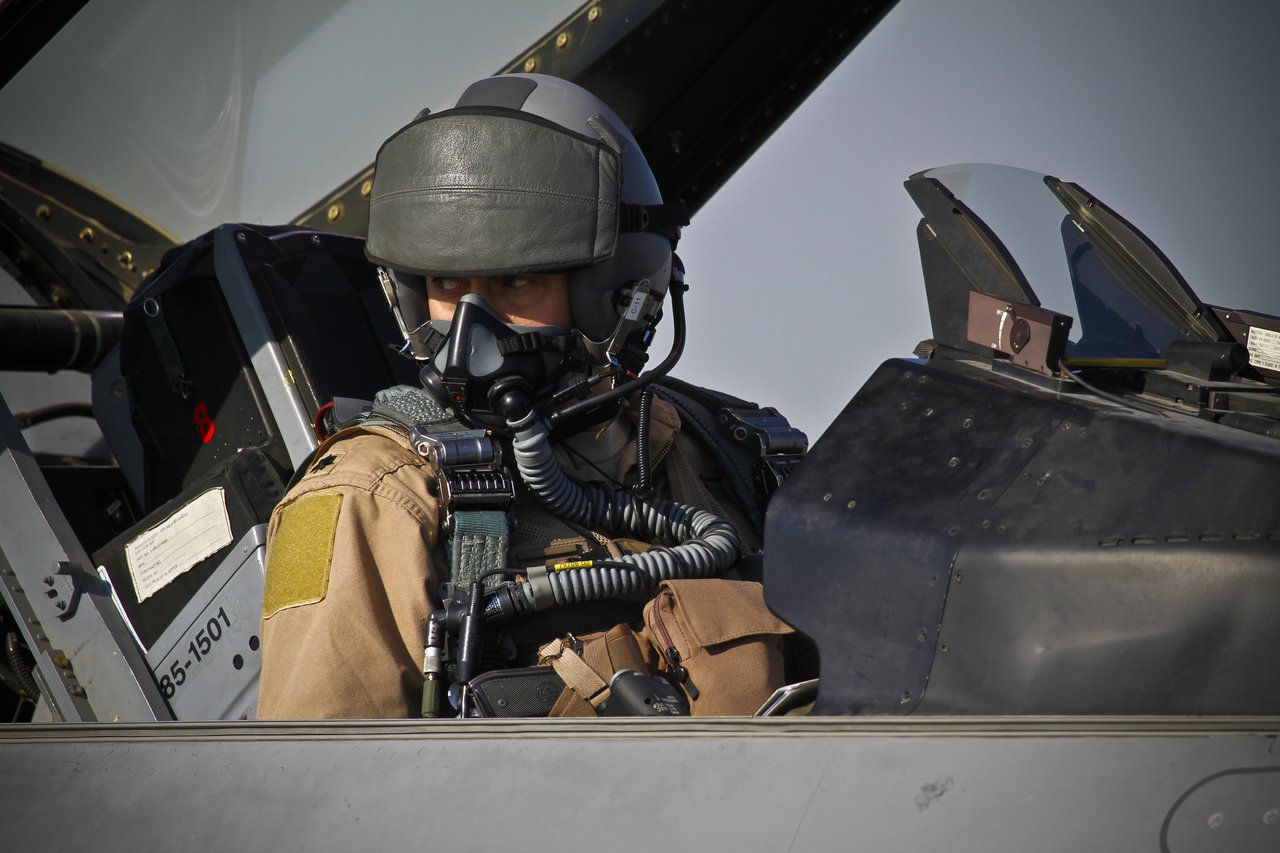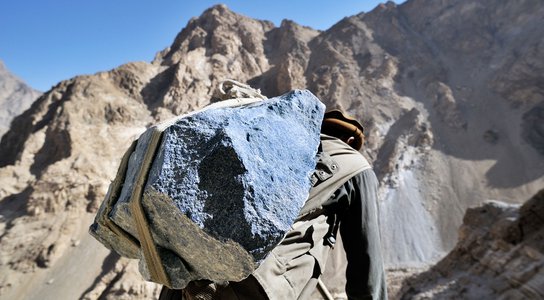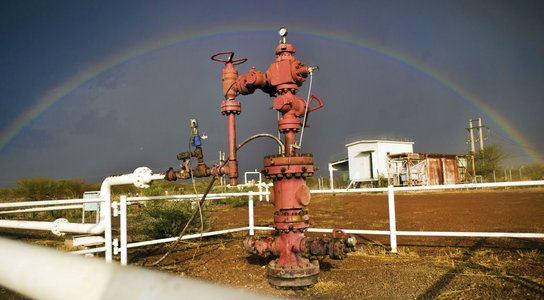By Lt Col (Ret) Jodi Vittori, PhD, Adjunct Professor, Georgetown University
Do Republican leaders know that their plans to overturn counter-corruption regulations on Monday ultimately hurts American national security overall, and could put troops serving overseas in places like Iraq and Afghanistan at greater risk?
As a retired Air Force veteran who has served in Afghanistan and Iraq and as an expert in terrorist finance, I’ve witnessed firsthand the damage that corruption can do to American national security and troops in the field.
On Monday, under obscure legislation known as the Congressional Review Act (CRA), the House and Senate introduced resolutions to end regulations that require oil, gas, and mining companies to publicly disclose the project level payments they make to governments all over the world.
So what does this have to do with American national security, and especially, how could this put our brave American troops lives in greater risk?
Ending these regulations, and the transparency goes with them, means more conflicts around the globe, while better enabling corrupt, predatory governments and their associates to divert funds to terrorists, insurgents, militias, and warlords where American troops are already stationed.

US pilot in Afghanistan. Republican plans to overturn anti-corruption legislation could put troops serving overseas in places like Iraq and Afghanistan at greater risk. Photo credit: Lance Cpl Andres J. Lugo
Some of the most conflict-ridden countries in the world are fragile states heavily reliant on the revenues from oil, natural gas, and minerals mined or pumped out of the ground by foreign firms, including American ones. Such revenues should be a boon for poor countries, providing money for healthcare, education, and infrastructure, as well as pay for military and police forces to implement the rule of law and protect their populations, making their countries peaceful and safe.
Sadly, the exact opposite occurs. There’s strong evidence that countries rich in natural resources like oil and minerals but with weak institutions are more likely to experience conflict than countries without an abundance of these resources--a 50 percent higher risk-- and such conflicts tend to last about twice as long and have double the number of battle-related deaths.
Why is this? A few different factors are at work. First, natural resource revenues are often siphoned off by greedy, predatory governments into overseas bank accounts and luxury real estate rather than to fulfill the needs of their citizens. To hold onto power, these leaders usually employ corrupt, thuggish security services to quash the media and repress and steal from their own citizens. This builds up the popular grievances that eventually explode into terrorism, insurgency, or revolution, as we saw with the Arab Spring.
Even worse, many corrupt governments outsource their security, using the money from the oil, gas, and mining projects to pay off a variety of militias, warlords, and private security companies. These militias and warlords use some of the money to pay and equip their private armed forces.
And they do so right where American troops are stationed today, placing these troops in harm’s way. Take Iraq and Syria—it has been well-publicized that oil was the primary means for ISIS to fund itself, and America has conducted extensive air strikes against ISIS’ oil industry in order to cut off ISIS funding, and thus its ability to continue to make war in Syria and Iraq.
But at the same time, the Iraqi government itself is embroiled in a winner-take-all, full-contact sport involving armed militias and death squads over who controls the oil and its revenues. The result has been a government that was so violent and venal that, in some places, ISIS was initially invited in as a less bad alternative. Meanwhile, those various Shia militia, partially funded with oil revenues, were responsible for the deaths of many American troops during Operation Iraqi Freedom; many of these same militias have now been rolled into the so-called “Popular Mobilization Forces” that fight alongside the Iraqi military, and thus alongside our American troops.
Less transparency in this sector means more conflict around the world, and thus more American troops potentially deployed into harm’s way.
Given that natural resource revenues help perpetuate in conflict in many fragile states, Congress should be pushing for more transparency, not less. And that’s just what Congress did in 2010 when it passed the legislation requiring greater natural resource transparency. It took many delays and court cases, but the associated regulations were finally passed last summer. Now, Republicans seek to cut this rule, thereby gutting the legislation.
Less transparency in this sector means more conflict around the world, and thus more American troops potentially deployed into harm’s way. It also means even more ability for governments and their cronies to divert cash from oil and mineral sales to terrorists, insurgents, warlords, and militias who all put our American troops’ lives at risk on overseas deployments. Congress owes it to our troops not only to vote no on this CRA, but also to strengthen existing legislation that fights corruption.

